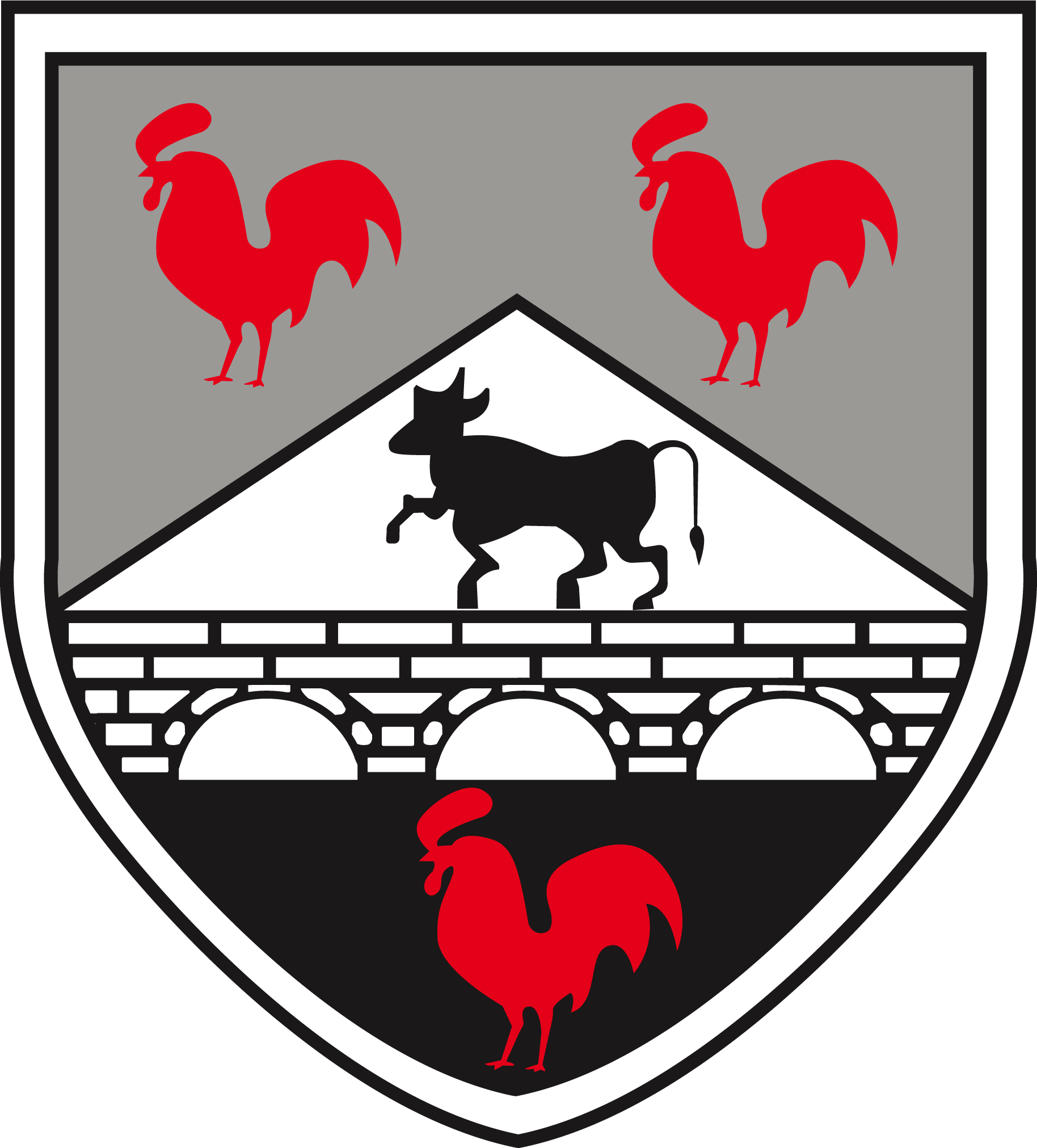
Online Safety
Supporting Your Child to Engage Use Online Resources Safely and Responsibly
At Cowbridge School, we are committed to helping our students thrive in a digital world and this means equipping them with the knowledge they need to use online resources safely and responsibly. However, as a school, we are aware that we can only do so much, especially as children spend most time online when they are away from school. Therefore, we have pulled together some tips and advice from a range of sources to create this guide for parents / carers. It outlines some of the things you can do to support your child in getting the most out of the internet, safely.
1. Open Communication is Key
The most important tool you have is an open, trusting relationship with your child.
|
Age Group Focus |
Conversation Starters & Advice |
|
Ages 3-7 (Foundation Phase) |
Focus on asking and doing together. • Play games and watch videos with them. Talk about what they see and why certain content is good/not good. • Ask: "Who helps you with your favourite game?" and reinforce that you are their primary helper and safe person. |
|
Ages 7-11 (Primary) |
Focus on digital citizenship and seeking help. • Ask: "What are the rules for being a good friend online?" • Discuss the concept of a "digital footprint"—that what they post lasts forever. • Reinforce that they must tell you or a trusted adult if they see something that worries or confuses them. |
|
Ages 11-19 (Secondary/College) |
Focus on respect, reputation, and risk. • Ask: "What's the best thing you've seen/created online this week?" and "What's the drama I need to know about?" • Discuss the pressure to share and the risks of online relationships, cyberbullying, and accessing illegal or harmful content. • Talk about their right to be safe online (as per the UN Convention on the Rights of the Child). |
2. Practical Steps for Home Safety
|
Action Area |
Advice for Parents |
|
Setting Boundaries |
The Family Agreement: Create a family agreement together that outlines when (e.g., no phones at dinner/bedtime), where (e.g., devices used in communal areas), and how (e.g., be kind, respect privacy) devices are used. Involve your child—they are more likely to stick to rules they helped create. |
|
Understanding Apps & Games |
Be 'In The Know': Use resources like the Welsh Government's Hwb 'In The Know' guides to learn about the apps, games, and social media platforms your child is using. Understand their privacy settings, reporting functions, and age restrictions. |
|
Privacy & Security |
Secure Their World: Ensure all devices have strong, unique passwords or passcodes. Teach your child to never share personal information (full name, address, school, photos in uniform) with strangers online. Review and maximise privacy settings on all accounts. |
|
Parental Controls |
Use the Tools: Research and implement parental controls on your home broadband, devices, and specific apps. Remember that these are a filter, not a substitute for conversation. Your service provider (e.g., BT, Sky) can offer advice on broadband filters. |
|
Digital Wellbeing |
Balance is Best: Encourage a healthy balance between screen time and offline activities like exercise, socialising face-to-face, and sleep. Blue light from screens before bed can disrupt sleep. |
|
Digital Footprint |
Think Before You Post: Teach your child that everything they post, share, or 'like' creates a permanent online record (their digital footprint). Remind them that a future college or employer might see it. Encourage them to be respectful and positive online. Remind them of their responsibilities – being able to access online content is a privilege and should be treated as such; if they can’t use it responsibly, the privilege can be removed. |
3. What to Do If You're Worried
|
Concern |
Action to Take |
|
My child has seen something upsetting or inappropriate. |
• Stay calm. Reassure your child that they did the right thing by telling you. • Do not delete the evidence. Take a screenshot or save the link. • Report the content to the platform it was seen on. |
|
My child is being cyberbullied. |
• Log and save all evidence (messages, posts, etc.). • Block the user and report them to the platform. • Inform the school immediately. We have procedures in place to address bullying, including cyberbullying, as per Welsh Government guidance. |
|
I have concerns about online sexual abuse or grooming. |
This is a serious matter. • Report it directly to the Child Exploitation and Online Protection (CEOP) Command via their safety centre (accessible through the Thinkuknow website). • If a child is in immediate danger, call the police on 999. |
4. Key Welsh & UK Support Resources
|
Organisation |
Service Provided |
Contact/Website |
|
Hwb Online Safety Zone |
Welsh Government-approved resources for parents, carers, and educators, including "In The Know" app guides. |
hwb.gov.wales/keeping-safe-online |
|
Meic Cymru |
Confidential helpline for children and young people in Wales (up to age 25). Free advice, information, and advocacy. |
Call: 0808 802 3456 Text: 84001 meic.cymru |
|
NSPCC Online Safety |
Comprehensive advice for parents on topics like social media, gaming, and setting parental controls. |
nspcc.org.uk/onlinesafety |
|
Thinkuknow |
Educational resources from the CEOP Command for different age groups, with a section specifically for parents. |
thinkuknow.co.uk |
|
Internet Matters |
Information, advice, and support to keep children safe online, with a focus on specific platforms. |
internetmatters.org |
|
Childline |
Free, confidential support for children and young people. |
Call: 0800 1111 childline.org.uk |

